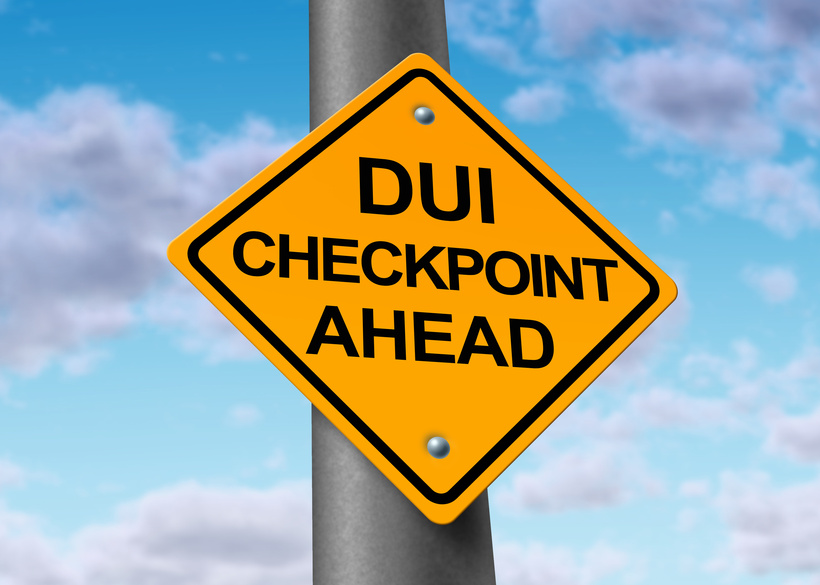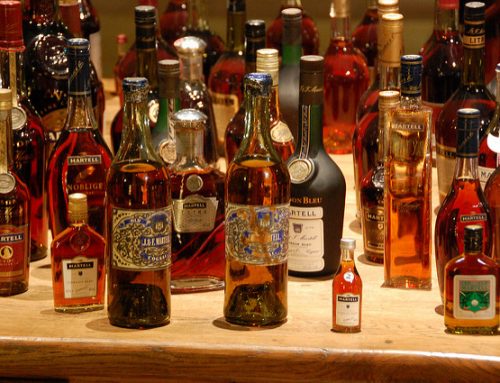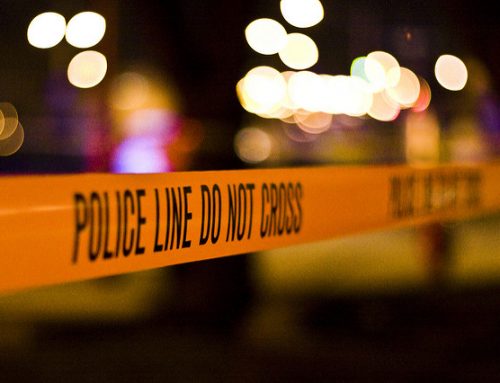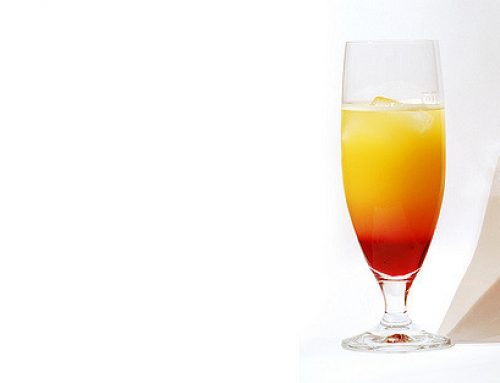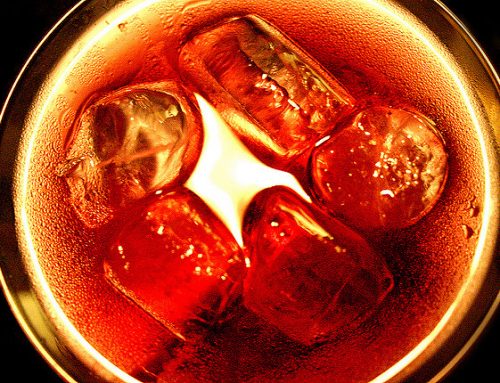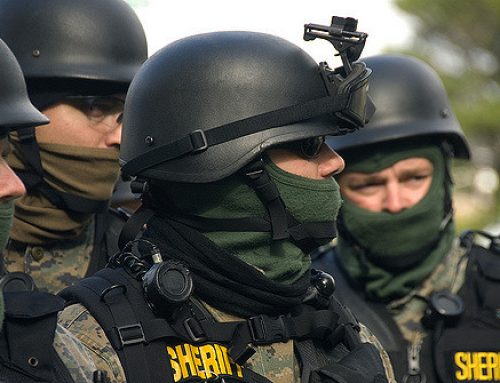In the U.S., one person dies every 33 minutes due to car wrecks involving drivers under the influence of drugs or alcohol, according to statistics. While this number might seem alarming – and it is – the unfortunate truth is that it’s extremely difficult for law enforcement officers to apprehend everyone who is driving impaired.
Most DUI checkpoints result in very low arrest rates. Detractors often attribute this to the fact that many of the checkpoints are announced prior, and are simply avoided by drunk drivers. Proponents, though, argue that announcing the date and time of a checkpoint (though not its exact location) serves as a powerful deterrent to would-be drunk drivers.
Regardless, DUI checkpoints provide police with a useful and effective tool to not only catch those who choose to drive while under the influence, but to deter those who would choose to do so. Just a week ago on a Saturday night, for example, the Long Beach police department conducted a DUI checkpoint on Ocean Boulevard from 7pm to 3am early which netted 7 arrests.
A total of 1,541 automobiles passed through the checkpoint during those 8 hours, though only 437 warranted a search. Of those 437 vehicles, 5 drivers were arrested under suspicion of DUI; 4 for alcohol and one for being under the influence of drugs. Aside from the DUI arrests, 2 individuals were found to have outstanding warrants and were arrested, while 4 were cited for driving without a license. 3 of those drivers’ vehicles were impounded.

